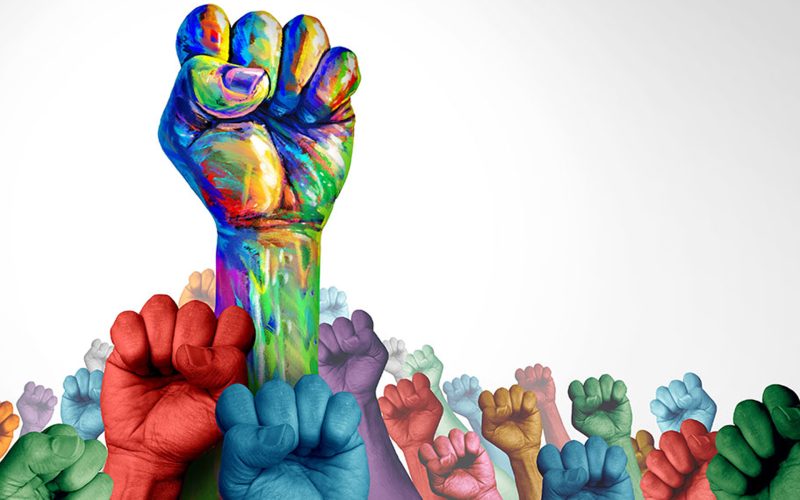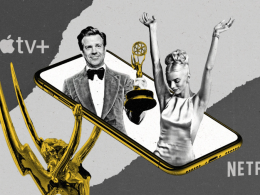Introduction
In recent years, social justice movements have profoundly influenced various sectors of society, including the entertainment industry. From movies and television shows to music and literature, entertainment content is increasingly reflecting themes of equality, representation, and social justice. This article delves into how social justice movements are shaping entertainment content, exploring the implications for creators, audiences, and the industry as a whole.
The Rise of Social Justice Movements
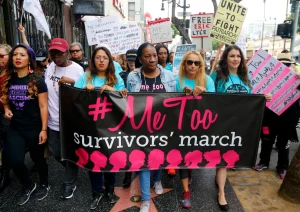
Image by: Google.com
Social justice movements, such as Black Lives Matter, MeToo, LGBTQ+ rights, and climate activism, have gained significant traction globally. These movements advocate for systemic change, challenging existing power structures and demanding equality and justice for marginalized communities. The entertainment industry, as a powerful cultural force, has not remained untouched by these calls for change.
Representation Matters

One of the most visible impacts of social justice movements on entertainment content is the emphasis on representation. Historically, marginalized communities have been underrepresented or misrepresented in media. Social justice movements have highlighted the importance of diverse representation, pushing for more inclusive casting, storytelling, and production practices.
-
Diverse Casting
Casting decisions are increasingly scrutinized for diversity and inclusivity. Audiences and activists alike demand that characters from various racial, ethnic, gender, and sexual orientation backgrounds be authentically portrayed. This shift is evident in the casting of movies and TV shows, where actors from underrepresented communities are now being given more opportunities to shine.
-
Authentic Storytelling
Authentic storytelling involves telling stories that accurately reflect the experiences and perspectives of marginalized communities. Social justice movements have pushed for more nuanced and empathetic portrayals of these communities, moving away from stereotypes and tokenism. This has led to a rise in content that explores complex social issues and highlights the voices of those who have historically been silenced.
Content Creation and Production

The impact of social justice movements extends beyond on-screen representation to the processes of content creation and production. The entertainment industry is increasingly prioritizing diversity and inclusion at all levels, from writers and directors to producers and crew members.
-
Inclusive Writers’ Rooms
Writers’ rooms are becoming more diverse, with creators from various backgrounds bringing their unique perspectives to the table. This diversity enriches storytelling, allowing for more authentic and relatable content. Shows like “Pose” and “Insecure” are examples of how inclusive writers’ rooms can lead to groundbreaking and socially relevant content.
-
Diverse Directors and Producers
The push for diversity also extends to directors and producers. Initiatives like the 4% Challenge, which aims to increase the number of female directors in Hollywood, reflect the industry’s commitment to inclusivity. By giving marginalized voices a platform, the entertainment industry is fostering a more equitable and just creative environment.
Audience Engagement and Impact
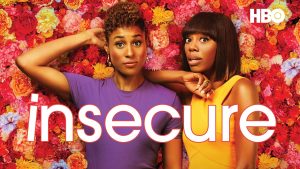
Social justice movements have also influenced how audiences engage with entertainment content. Viewers are now more discerning and vocal about the media they consume, demanding content that aligns with their values and supports social justice causes.
-
Social Media Activism
Social media platforms have become powerful tools for audience engagement and activism. Hashtags like Oscars So White and Times Up have sparked important conversations about representation and equity in the entertainment industry. These movements have pressured studios and networks to take meaningful action and create content that reflects the diversity of their audiences.
-
Consumer Choices
Audiences are increasingly making conscious consumer choices, supporting content that promotes social justice and boycotting media that perpetuates harmful stereotypes or excludes marginalized communities. This shift in consumer behavior has significant implications for the entertainment industry, incentivizing the creation of more inclusive and socially responsible content.
Challenges and Criticisms
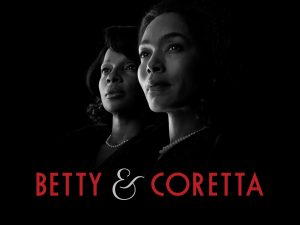
While the influence of social justice movements on entertainment content is largely positive, it is not without challenges and criticisms. Some argue that the push for diversity and inclusion can sometimes lead to tokenism or superficial representation. Others contend that the focus on social justice can result in “cancel culture,” where creators are penalized for past mistakes or controversial opinions.
-
Tokenism and Superficial Representation
Tokenism occurs when marginalized characters are included in media solely to check a diversity box, without meaningful development or depth. This can lead to superficial representation that fails to address the complexities of marginalized experiences. It is essential for creators to move beyond tokenism and strive for authentic and respectful portrayals.
-
Cancel Culture
Cancel culture refers to the practice of boycotting or “canceling” individuals or entities deemed problematic. While it can hold powerful figures accountable, it can also stifle creativity and open dialogue. Navigating the balance between accountability and artistic freedom is a challenge the entertainment industry continues to grapple with.
Conclusion
Social justice movements are undeniably shaping entertainment content, driving the industry towards greater diversity, inclusivity, and social responsibility. By prioritizing authentic representation, inclusive production practices, and meaningful audience engagement, the entertainment industry can contribute to a more just and equitable society. While challenges remain, the ongoing influence of social justice movements promises a future where entertainment content reflects the rich diversity of human experiences and champions the cause of justice for all.






